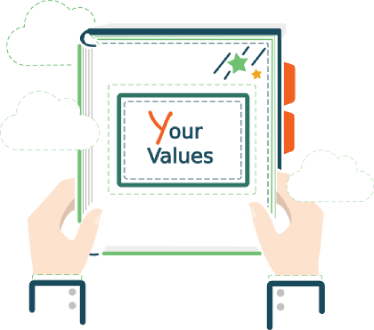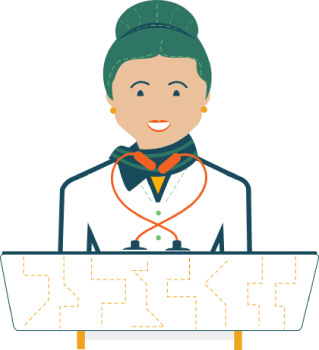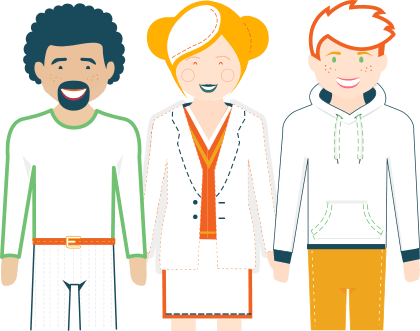Intrinsic Reward
Most motivational methods were developed in an era where work – and workers – were different. Intrinsic rewards are the positive emotional charges employees get from, and for their work. Ranging in size from quiet satisfaction to an exuberant “Yes!” Social Recognition is a simple forum for the progress, purpose and competence reinforcements that help keep employees and managers engaged in, and passionate about their work.










